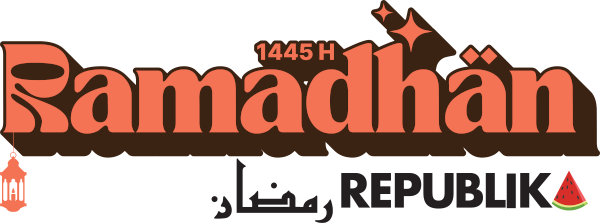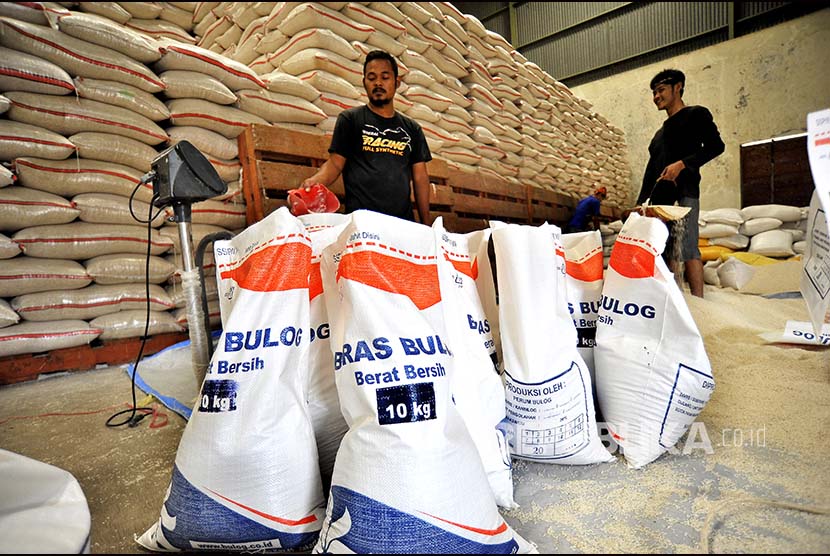REPUBLIKA.CO.ID, JAKARTA -- The State Logistic Agency (Bulog) has expressed its commitment to safeguarding national food supply and price stability. Bulog is tasked by the government to safeguard food supply and price stability at the producers as well as consumers level, Bulog's corporate secretary Siti Kuwati said here on Wednesday.
At producers level, she said, Bulog would refer to the government's purchasing price (HPP) to buy the commodity when its price has declined below HPP.
The government purchasing price was set based on the presidential instruction no. 5/2015.
Siti said, at this level, Bulog has played its role as price buffer, until the price has increased above the HPP and farmers were protected. "It means that Bulog would not continue to absorb the commodity when the price has reached above the HPP," she elaborated.
Currently, the agency could not absorb rice supply as the commodity's average price in the market has surpassed its HPP level.
A data of the Central Bureau of Statistic showed, the average price of unhusked rice (GKP) at farmers level during 2017 has reached Rp4,308 to Rp4,995 per kg, and husked rice (GKG) price at Rp5,313 to Rp5,689 per kg. Medium quality rice price during the period has reached Rp8,654 to Rp9,526 per kg.
While the government's purchasing price was set Rp3,700 per kg for GKP, Rp4,600 per kg for GKG, and Rp7,300 per kg for medium rice.
In January, BPS recorded the average price of GKG at farmers level at Rp5,415 per kg, GKG at Rp6,099 per kg, and medium rice at Rp10,177 per kg.
"With the current favorable price, it should be a good moment for farmers to enjoy the good price. Thus Bulog did not have the obligation to absorb their rice, and it does not mean that Bulog refused to absorb domestic rice," she asserted.
However, the agency would absorb the commodity under commercial scheme to meet demand of commercial rice selling, despite the fact that unhusked rice price has surpassed its HPP.
During 2017, Bulog has absorbed 2.16 million tons of rice, and as of February 2018 the agency has absorbed 17,694 tons of rice.
The logistic agency has more than 1400 warehouses in 26 Regional Divisions across the country, with storing capacity of some four million tons.
"Thus we can absorb as many rice as possible as long as its quality and price could meet the criteria according to the regulation," she added.
At consumers level, Bulog would keep food supply and stabilize food price through market operation, and sold them at the ceiling price.
As of February 21, Bulog has distributed 223 thousand tons of rice during market operation.



